|
A launching point to becoming a quantification agnostic
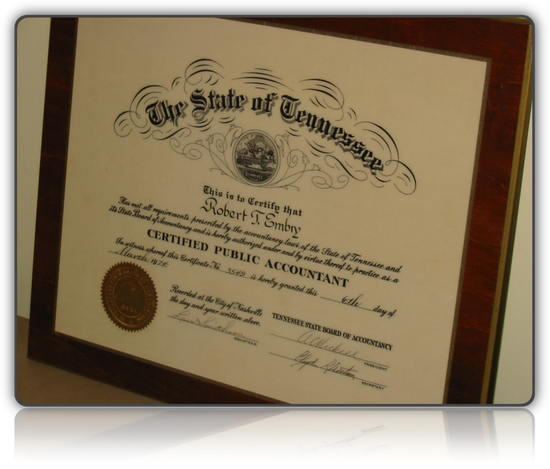
CPA larger
I reject substituting “the (financial) history of the dead past for the making of the prosperous future” — PFD

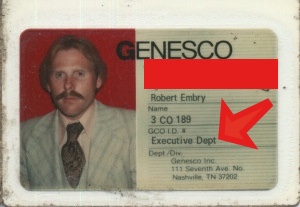
ID larger
When I joined Genesco it was a conglomerate composed of 90 separate operating divisions which were grouped into three sectors — footwear, retailing and apparel.
The Executive Department consisted of the Corporate CEO, three sector chiefs and a chief Administrative Officer.
I was part of the apparel sector. My initial title was director of administration for a group of 30 companies, but the reality of my work was part “fixer :)” and part operational financial overseer and interpreter concerned with real world revenues, costs, and capital usage — not accounting.
I had almost no routine duties or work and was “out in the field” nearly 100% of the time.
… Later I took over one of the operating divisions which I liquidated soon after and that lead to more restructuring situations …
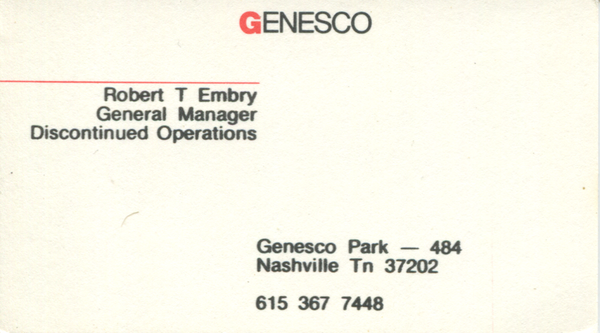
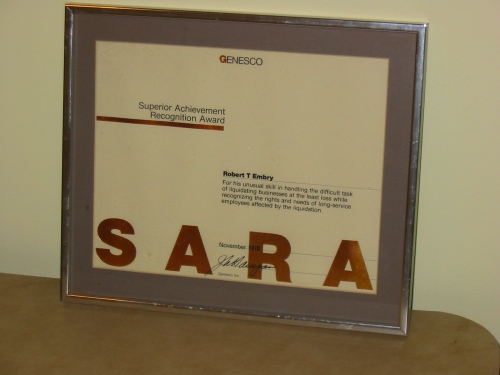
to see the “fine print”
“Nothing requires more heroic efforts than to keep a corpse from stinking, and yet nothing is quite so futile,” is an old medical proverb.
“In almost any organization I have come across, the best people are engaged in this futile effort; yet all they can hope to accomplish is to delay acceptance of the inevitable a little longer and at great cost.”

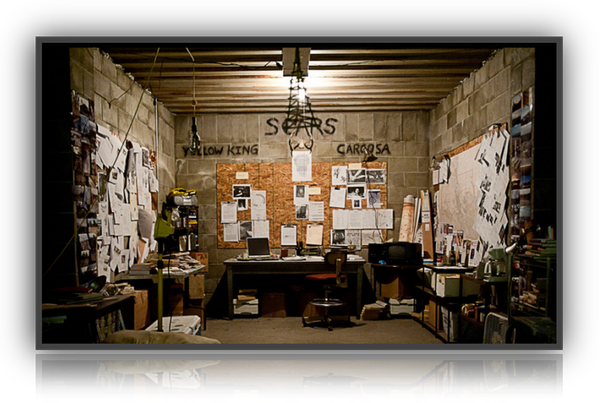
Clues for the roadS ahead
Abandonment
Effective executives know that they have to get many things done effectively (not GTD).
Therefore, they concentrate.
And the first rule for the concentration of executive efforts is to slough off the past that has ceased to be productive.
The first-class resources, especially those scarce resources of human strength, are immediately pulled out and put to work on the opportunities of tomorrow.
If leaders are unable to slough off yesterday, to abandon yesterday, they simply will not be able to create tomorrow.
Without systematic and purposeful abandonment, an organization will be overtaken by events.
It will squander its best resources on things it should never have been doing or should no longer do.
As a result, it will lack the resources, especially capable people, needed to exploit the opportunities that arise.”
Without an EFFECTIVE mission statement
there will be NO performance
A Century of Social Transformation
Emergence of Knowledge Society
Post-Capitalist Society
“EVERY FEW HUNDRED YEARS in Western history there occurs a sharp transformation.
… snip, snip …
We are currently living through just such a transformation”
… “But the center of gravity in the post-capitalist society—its structure, its social and economic dynamics, its social classes, and its social problems—is different from the one that dominated the last two hundred and fifty years and defined the issues around which political parties, social groups, social value systems, and personal and political commitments crystallized.”
“Unless we can learn how to increase the productivity of knowledge workers and service workers, and increase it fast, the developed countries will face economic stagnation and severe social tension.”
Management, Revised Edition
48 high-impact, strategic chapters — not what you might think
Management Challenges
for the 21st Century
Management’s new paradigms (Why assumptions matter) ::: Strategy: The new certainties ::: The change leader (Making the future) ::: Knowledge worker productivity ::: Managing oneself (A revolution in human affairs)
“The next two or three decades are likely to see even greater technological change than has occurred in the decades since the emergence of the computer, and also even greater change in industry structures, in the economic landscape, and probably in the social landscape as well.” more (calendarize this?)
Doing business in a Lego™ world
Companies are built out of Legos: People Legos,
Product Legos, Idea Legos, and Real Estate Legos — change,
change, change …
An individual approach: Seeing beyond yesterday



To create a rlaexp.com site search, go to Google’s site ↓
Type the following in their search box ↓
your search text site:rlaexp.com

|

